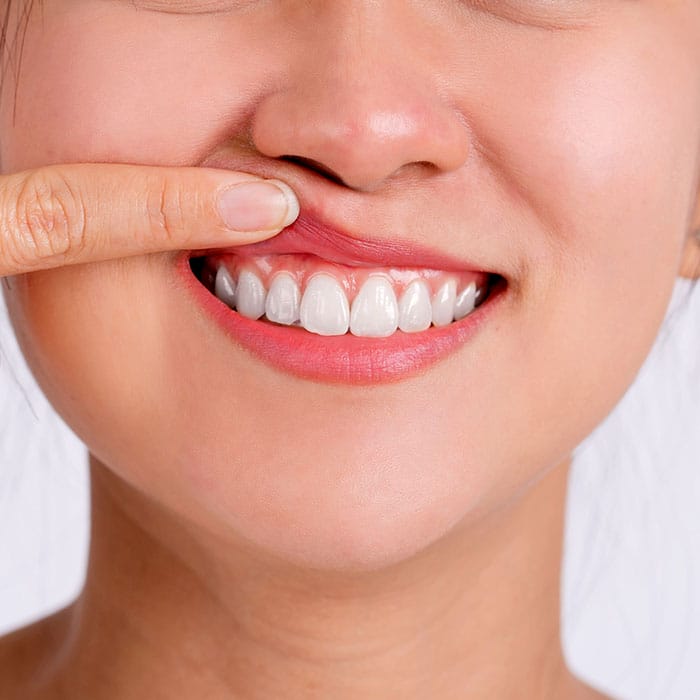THERE’S A GOOD REASON dental health professionals warn their patients to stop your ice chewing habit. This habit can cause serious and permanent damage to teeth and gums, so what makes it so addicting in spite of the dangers?

A Mental Condition
Compulsive ice eating is called pagophagia. Sometimes it’s a symptom of pica, a psychological disorder in which a person feels compelled to eat large quantities of non-food items, such as dirt, clay, hair, or ice. A nutrition gap could be responsible.
Compensating for Iron Deficiency?
Recent studies suggest a link between anemia and compulsive ice eating. The theory is that chewing ice makes up for the lack of iron (which we need to carry oxygen to the brain) by stimulating blood flow to the head. It’s an interesting workaround but doesn’t address the root cause. Iron supplements would be more effective, without the drawbacks to dental health.
The Damage Ice Can Do
What can ice do to our teeth and gums? The same thing it can do to pavement over repeated freezes and thaws. The problem isn’t how hard ice is, but how cold it is. Tooth enamel is very brittle and can easily fracture due to so many dramatic temperature changes from the contact with ice. The gums are also in danger. The ice numbs them, so it’s hard to notice if they’re getting sliced and damaged.
Dr. Stephen Lavrisa Is Here to Help
If you’re struggling to stop your ice chewing habit, Dr. Lavrisa can help, and so can your general physician. It’s important to discover the cause, treat any existing damage, and prevent additional damage by fighting the habit!
All About You Dental Care is here to help you stop your ice chewing habit!
Top image used under CC0 Public Domain license. Image cropped and modified from original. The content on this blog is not intended to be a substitute for professional medical advice, diagnosis, or treatment. Always seek the advice of qualified health providers with questions you may have regarding medical conditions.








